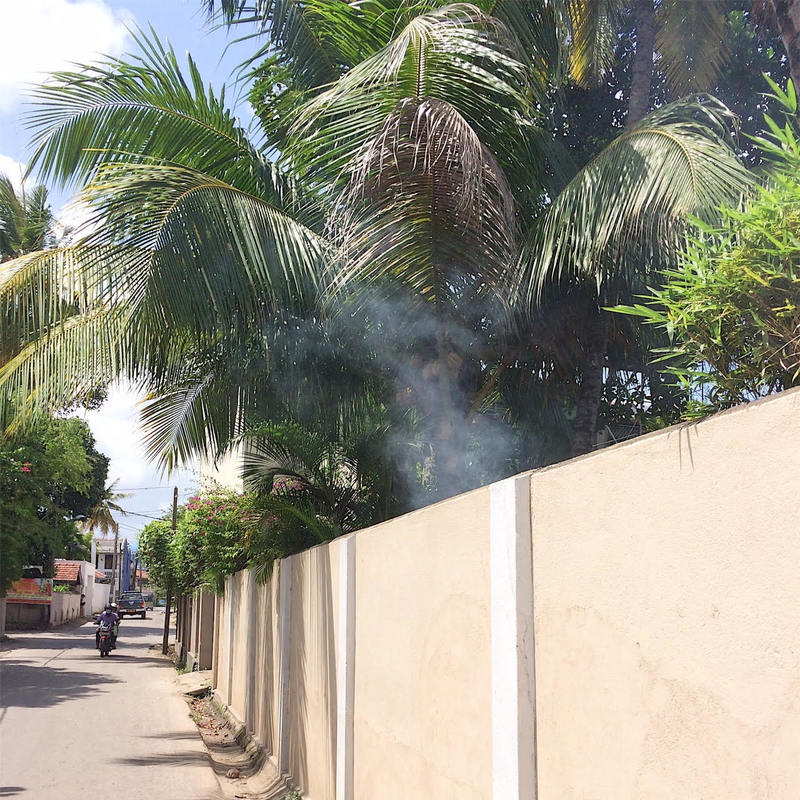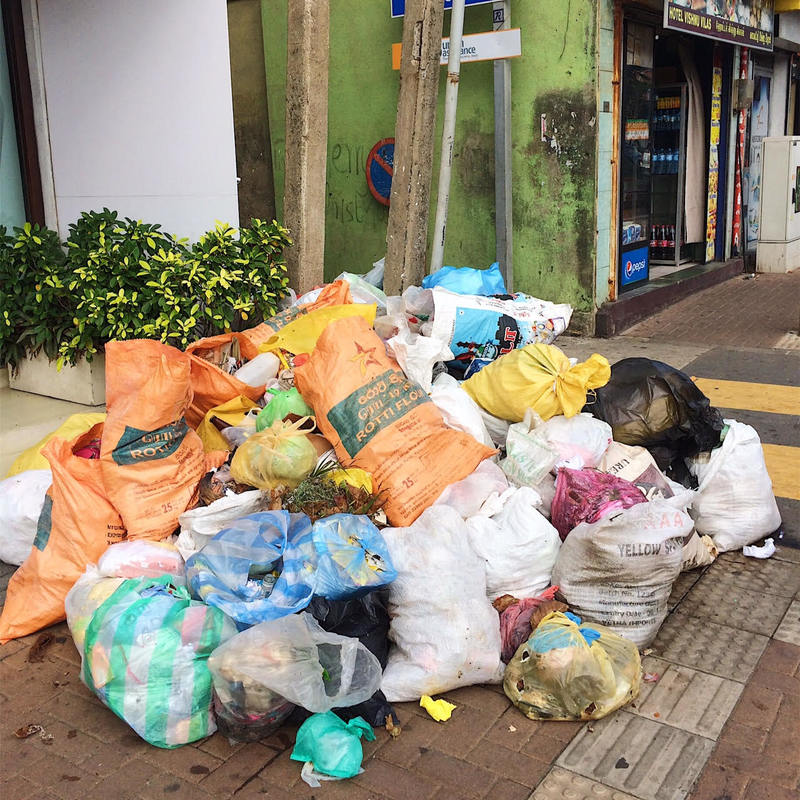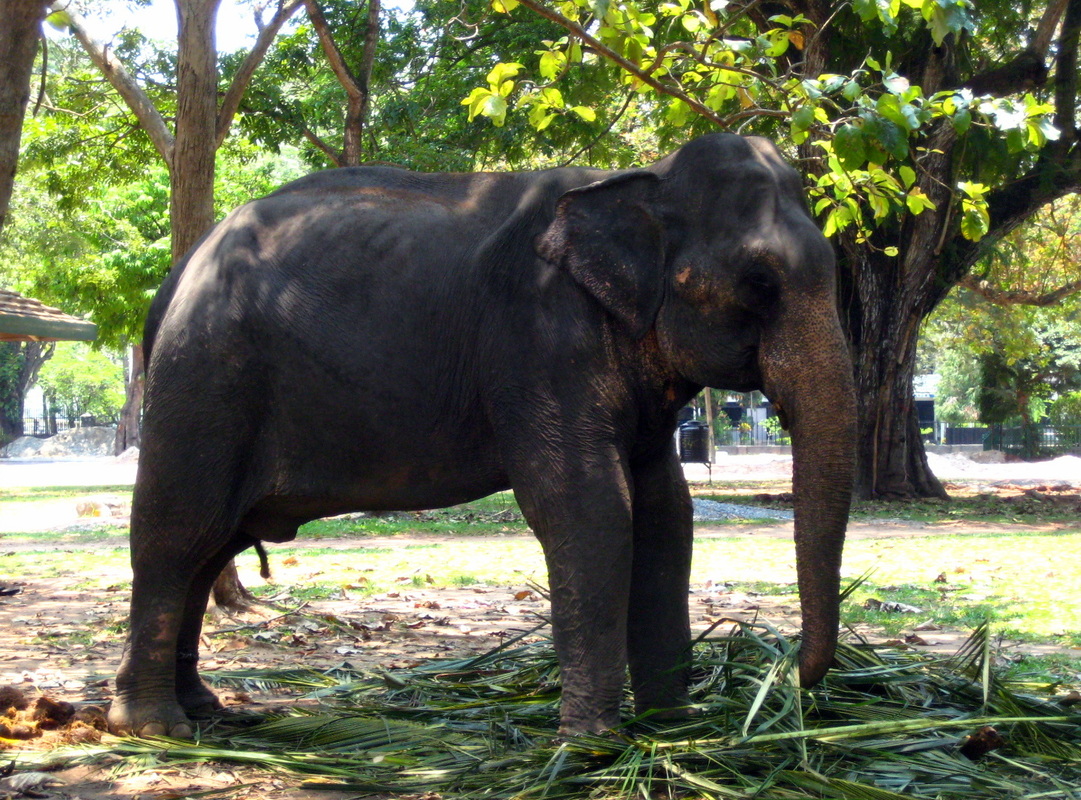According to the Waste Management Authority of the Western Province, this region of Sri Lanka occupies less than 6% of the island, but is responsible for 60% of the waste generated. Perhaps more importantly, 35% of waste is not collected at all, and in a survey conducted for an environmental impact assessment report in 2012, 96% of the respondents admitted to burning their waste. Such practices have deleterious impacts on humans and the environment, as burning trash produces harmful gases that are released into the atmosphere. These gases can negatively impact human health and contribute to climate change.
Sri Lanka's inability to adequately collect, process, and reduce waste made national headlines recently when a waste dump in Colombo collapsed, killing at least 28 people. This catastrophe was aggravated by several related issues- unsafe housing conditions, unjust exposure to environmental harms, the slow crawl or deliberate malfeasance of bureaucracy. It gave a black eye to the island nation and, more tragically, the loss of life was completely avoidable.
What are the causes of this environmental dilemma? According to G. Kumanayake (2013), the culprits are many and varied: inefficient local governments, poor strategizing at the national level, insufficient funding, the spread of low-income settlements in urban areas, market forces that introduce cheap and unsustainable products, lack of environmental health and safety practices among waste collectors, old technology, and limited land for waste disposal.
It's not as if Sri Lanka doesn't have laws and policies dealing with waste management on the books. Relevant regulations have been stipulated in the Local Government Act (delegating waste management responsibilities to local authorities), National Strategy for Solid Waste Management (providing a roadmap for solid waste management at the national level), and Technical Guidelines on Solid Waste Management in Sri Lanka (offering technical guidance for managing solid waste in municipalities), among others. But laws and policies are only as effective as the resources and effort directed toward their implementation. As Bandara (2011) argues, the evidence thus far suggests that Sri Lanka has a long way to go in terms of properly enforcing its "chaotic" regulatory framework.
How can Sri Lanka address its waste management crisis? Here are a few recommendations. First, the duties and obligations of the local and national authorities should be clearly specified in relevant legislation so that there is no overlap in responsibilities or buck-passing (van Zon & Siriwardena 2000). Second, the recycling industry should be formalized and informal collectors should receive training in order to help them earn higher wages and improve coordination at local and national levels (Hikkaduwa et al. 2015). Third, the national government should commit enhanced financial resources toward the purchase of new waste collection vehicles and subsidize solid waste management at the local level (JICA 2016) by supplying bins and trash bags at no cost to Sri Lankans (Bandara 2011). Fourth, civil society and government actors should work together to promote composting organic material, which could be used for energy (via biogas digesters) or fertilizer (Kumanayake 2013).
Through strengthening cooperation among varying levels of government, committing financial and logistical resources to the implementation of environmentally-friendly waste management practices, and raising awareness about the importance of proper waste disposal techniques, Sri Lanka can make serious strides toward alleviating its waste management problem, creating a more hospitable environment for the attainment of development that is truly "sustainable."



 RSS Feed
RSS Feed